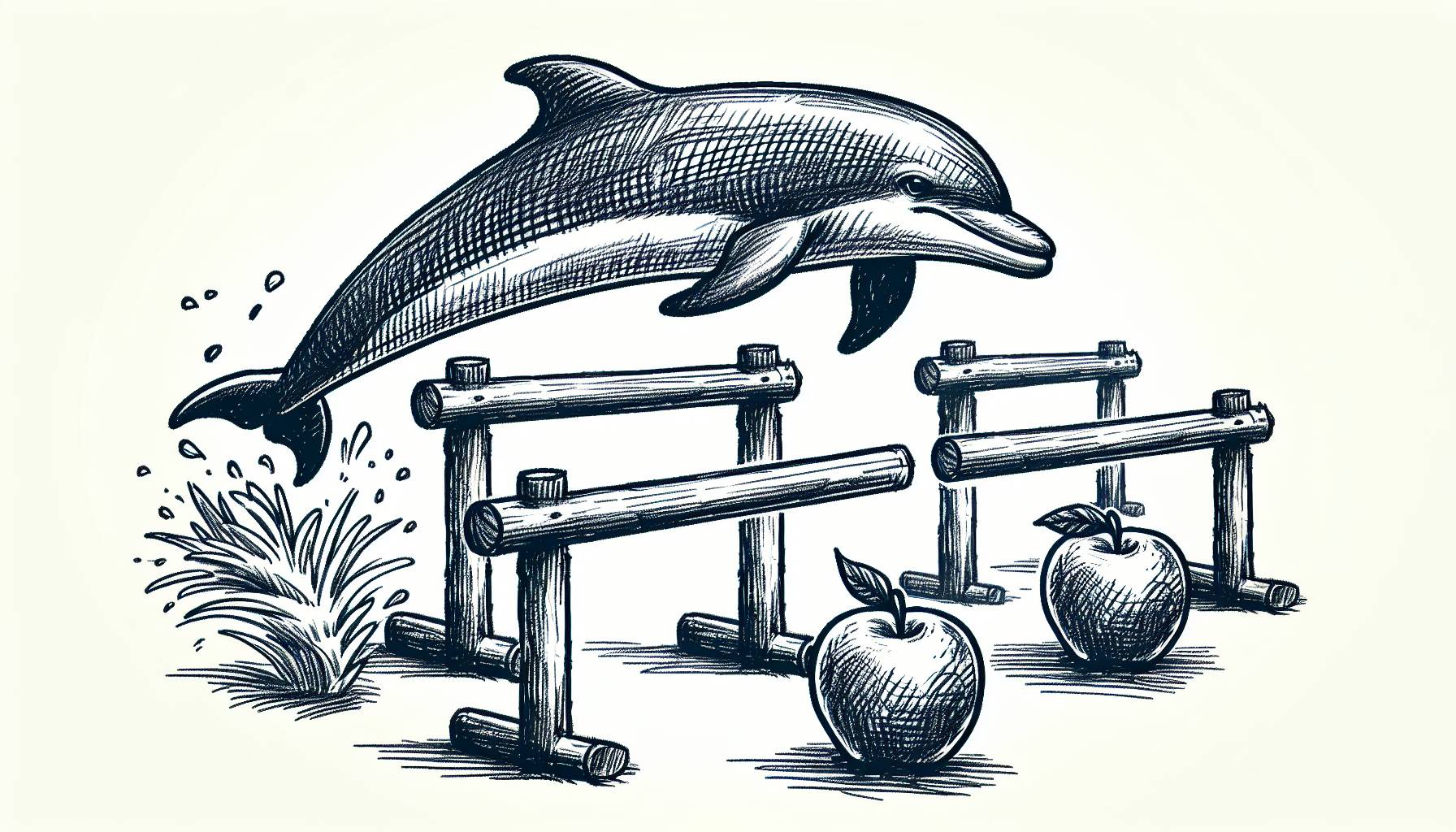The 2012 baseball season is approaching another exciting climax, what with so many teams pushing for that extra one-off game for the wild card spot in each league. Fans of baseball know that there are numerous apps dedicated to the beloved national pastime, but few are much better than Bill James Baseball IQ.
Bill James Baseball IQ was featured in our Top 20 iPhone Apps of 2011. The app is perfect for armchair baseball general managers who want to access the Sabermetric wizardry of acclaimed baseball statistician Bill James. Developed by Americaneagle.com, the app’s level of detail is unprecedented for any piece of software that can be displayed in a device smaller than a baseball mitt.
In this edition of Developing Minds Want to Know, we talk to Al Connelly of Americaneagle.com about the process of developing the Bill James Baseball IQ app, what he’s learned from the experience, how he harnesses innovation, and how he expects the mobile app industry to advance in the future. He also offers some excellent advice to new app developers.
Key Company Facts
Name and Title: Al Connelly, Senior Programmer
Company: Americaneagle.com
Location: Park Ridge, IL
Size (Revenue and/or Employees): 200+ employees
Primary Apps/Platforms: Bill James Baseball IQ by Americaneagle.com
APPOLICIOUS: What inspired you to become an app creator?
AL CONNELLY: An opportunity arose with one of Americaneagle.com’s high-profile clients to help create an iPhone app for them. I didn’t have a lot of experience with apps at the time, but I was really interested in getting involved ever since Apple announced they were opening up their iPhone platform and releasing the SDK. There were a lot of talented programmers within the company who eat, breath, and sleep programming, so on the off chance that no one had any experience with app development, I volunteered that I’d be interested in learning how to do so within my personal time if no one else was interested. I ended up receiving the job, bought my first Mac, and programmed most of the app in my spare time.
It seemed like a huge risk on my end at the time, especially since I had never used a Mac before. Luckily my supervisors saw the potential of mobile devices and mobile app development, so they were very supportive from the start. Needless to say, it was the best career move I’ve ever made.
Here’s a video showcasing the outstanding features of Bill James Baseball IQ:
APPO: How long have you been developing apps, and what is the most significant difference between now and when you began?
AC: I’ve been developing mobile apps for three and half years now. Looking back, it doesn’t seem like much time since I’ve been programming professionally in some form for 15 years, but it’s actually a pretty good amount of time considering that the iPhone itself has only been out for almost five and a half years and the SDK for only about four and half years.
The development tools have improved a lot since I started. When I started, the Interface Builder and testing tools were all outside of the main development environment. Now they’re all integrated. Building the app for testing or submitting to Apple is also fully integrated into the XCode IDE now, where before it wasn’t. The iOS compiler has changed a lot too. Coming from a web and .NET background, memory allocation/retention/release was one of the hardest things for me to grasp when I first started programming iOS apps. Now the compiler can handle all the memory management for you, though I still prefer to do it manually.
On a personal level, I’m a complete Apple convert now. My first Mac was a 13-inch MacBook Pro. I tried to get the cheapest Mac I could for development purposes because I didn’t think it’d like working on a Mac after working on Microsoft products my entire life. Now there are seven to eight Apple products in my household between my wife and myself, and neither of use Windows computers outside of work.
APPO: What apps (outside of those that you develop) inspire you the most and why?
AC: Flipboard is a pretty big influence. I probably have 100 apps on my phone and it’s one of the three to four that I use daily. Plus I dig the irony that the mobile device is killing the print industry, but this app puts your content back into a visual format that resembles a magazine or newspaper. I try to push our clients to use larger fonts and margins like Flipboard does. It just looks cleaner.
There’s also an app called Localscope that aggregates location data from social media sites and displays them on a map based on your current location. Not a terribly useful app, but it’s a good lesson in user interface.
I’m also a huge fan of Tiny Wings, it is such simple and beautiful game, yet also difficult. The new update is awesome.
APPO: Where do you see the most innovation in the app sector?
AC: I think the most innovation right now may come when we can integrate with the personal assistants that come with mobile devices. I’d love to one day be able to open Siri or Assistant and ask it a question that Baseball IQ could answer by returning a heat map. I hope we’re only a year or two away from that.
APPO: How do you harness that innovation in your own titles?
AC: We are currently developing about 12 new apps revolving around social media, transit, sports and many other things, although we cannot get into the details of these apps we are harnessing as much innovation as possible in them.
APPO: In such a crowded space, explain how you generate awareness and drive downloads to your applications.
AC: For different customers we do different things. For Bill James Baseball IQ, the app has been driven by word of mouth. We are currently looking for a new sponsor for next year to spread the word even further. For some of our other major brands they will market their app as part of their existing marketing campaigns.
APPO: What are the biggest technical constraints that exist today in the app sector?
AC: Battery life of the device is still probably the biggest. We get a lot of requests for apps that rely on obtaining constant updates on the user’s exact location even if they don’t have the app open. GPS accuracy and speed were still a huge problem a year ago, but in the last few months component and device manufacturers have made some incredible improvements to their chips and software. They are getting pretty accurate now within a few feet, but battery life still suffers.
Device resolution and fragmentation is also a problem that probably won’t go away any time soon. There were a couple great articles a few months ago on TechCrunch about device fragmentation and what it’s like to write and test apps for Android devices. One development company was testing on 400 different physical devices. We don’t go to that length to test our Android apps, but I could definitely see why they would want to do all that testing since the Android user experience isn’t as controlled as it is on iOS. It will be interesting to find out what Apple announces in September about the screen resolution on the new iPhone and how it affects developers. Right now we only worry about two resolutions for iOS devices, but the announcement in a few weeks may bump it up to three.
APPO: How do you (or will you) make money from your application?
AC: We’re [at Americaneagle.com] discussing a few different options in that regard. It’s a popular and truly unique app that has been very successful. We are in the process of attempting to sign a big name sponsor for the app as well.
APPO: What advice do you have to those working on their first applications?
AC: The best resources out there for learning app programming are the documents and examples provided by Apple and Google. For both platforms, I found them easier to learn by downloading examples close to what I needed to do and tweaking them to fit my needs. The Stanford Lectures on iOS development available in iTunes U are great as well. The problem with buying a book is that Apple and Google change their API so often that the information in the book is often outdated in less than 12 months. If you must buy a book, I’d recommend getting it for the programming language itself and not platform’s SDK.
I’d also recommend avoiding the temptation to use the “Silver Bullet” solutions that are out there that promise “Write once, works everywhere”. Those coding solutions might help you get your app to market faster but providing the user the experience they expect and supporting the app after it gets to market become bigger challenges. I tried one of those solutions once and found myself writing separate code in massive if statements for each platform. I’m much more confident in the work I produce if I know exactly what’s going on in the code and if I know it was developed using the coding practices and conventions intended by the respective platforms.
APPO: Where do you see the app sector one year from now? Five years from now?
AC: It’ll be interesting to see how Apple’s upcoming Passbook app will play out in the next few months. I believe it has the potential to be the next major shift in how we go about our daily lives. We have a lot of e-commerce clients and I could see a lot of them looking for an app that would integrate with Passbook.
I’m not counting Microsoft’s Windows Phone out of the mix just yet either. I’m impressed with a couple of the things they’ve done on their latest entry. I think they might come back in a few years with the right marketing, and if they can get through a product conference without the device they’re showing off doing the BSOD. They will always have the developer base to become something huge in the mobile and app space.












